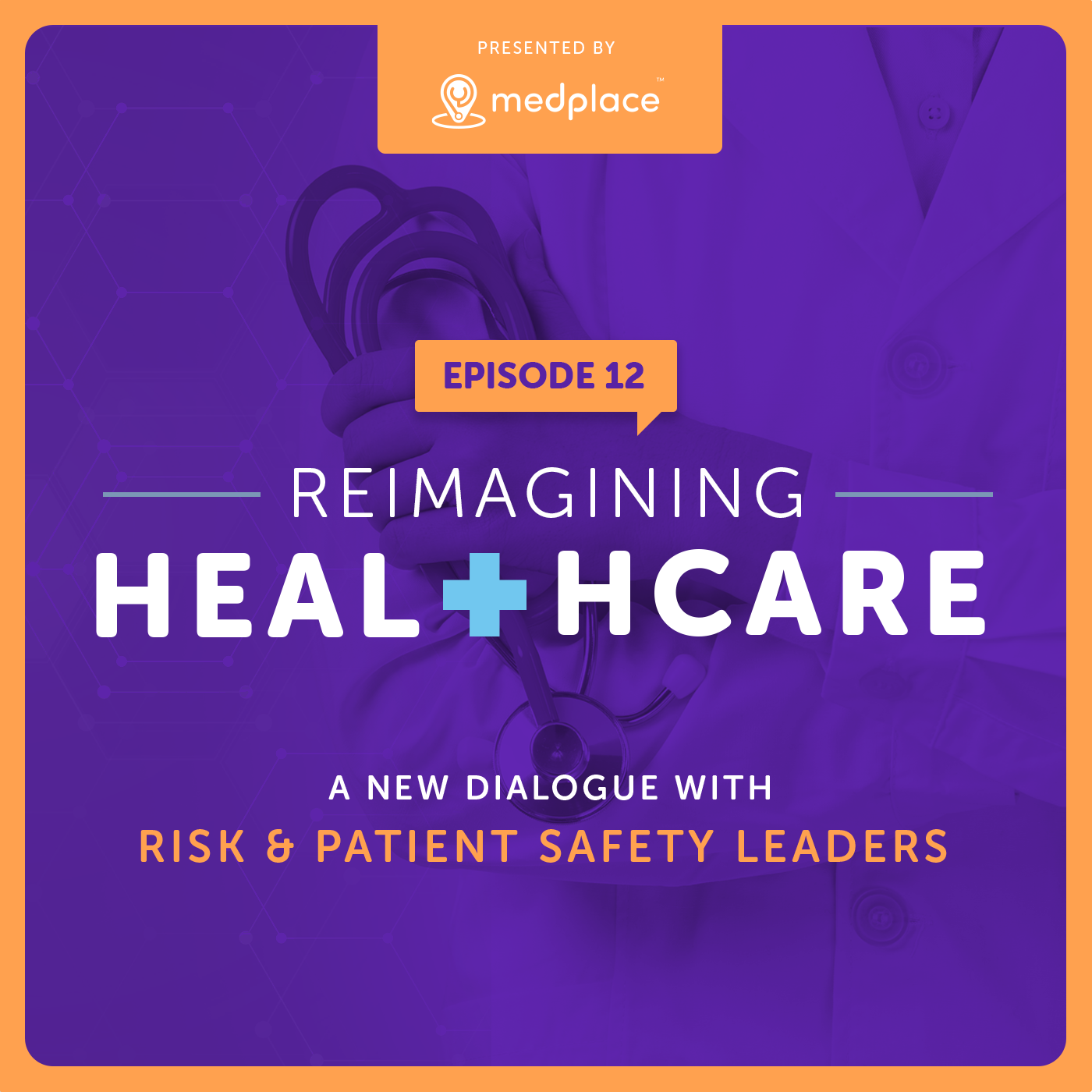Related Resources
Fostering a Just Culture in Healthcare with Medplace's Efficient Case Review
Claim leaders agree that a Just Culture prevents potential nuclear verdicts. Learn how Medplace makes it easy to foster a Just Culture usin...
Reducing Healthcare Overhead with Efficient Record Organization
Struggling with claims delays, information overload, and rising legal costs? Learn how AI solves records organization and addresses your ne...
Tackling Cybersecurity Threats Head-On
Remote work and escalating cyber attacks means patient data is at risk. Here's how top hospitals are tackling cyber threats head-on.






